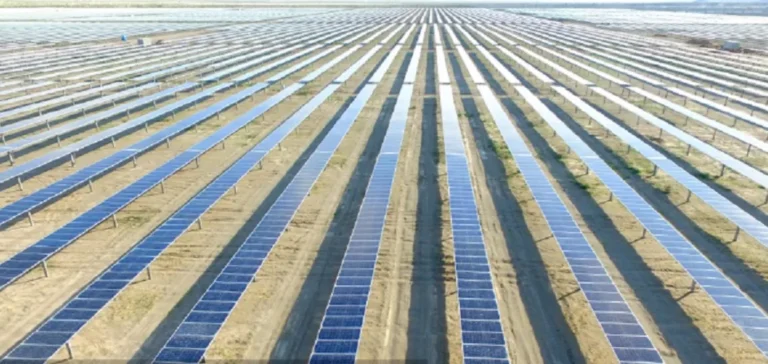Energy company i Grid Solutions and real estate developer Tokyu Land have announced a joint investment of over JPY20bn ($133mn) in on-site solar projects in Japan, through their joint venture TLC VPP LLC. The plan includes the deployment of an additional 200MW of capacity by the end of 2029, bringing their total development target to 300MW under on-site power purchase agreements.
The partnership, launched in November 2023, reached its initial target of 100MW in less than two years. This performance led the two companies to expand their collaboration, with accelerated deployment expected between late 2026 and late 2029. The projects will primarily target commercial and industrial facilities, according to the statement released on October 20.
A portfolio already largely deployed
Tokyu Land, active in renewables since 2014, currently holds stakes in over 150 solar, wind, biomass, and hydro projects totalling around 2GW. This is in addition to a portfolio of more than 1,000 rooftop photovoltaic installations totalling nearly 200MW. In 2025, the company completed its acquisition of Renewable Japan to strengthen its position in the renewable energy market.
For its part, i Grid Solutions began offering on-site power purchase agreements to industrial and commercial clients in 2017. The company has deployed more than 300MW of solar capacity across approximately 1,200 sites. It has also formed strategic partnerships with Mitsubishi UFJ Trust and Banking and CPower to expand its business.
Production and revenue optimisation
Recently, i Grid Solutions started aggregating surplus output from its sites to resell to third parties, thereby maximising the utilisation of its solar assets. This strategy aims to increase the revenue generated by its installations beyond direct user agreements.
The joint venture TLC VPP, equally controlled by both partners, is the primary vehicle for their shared investments in on-site solar. This model, distinct from traditional solar farms, allows production to be located closer to consumption points, particularly in urban or industrial areas with high energy demand.






















